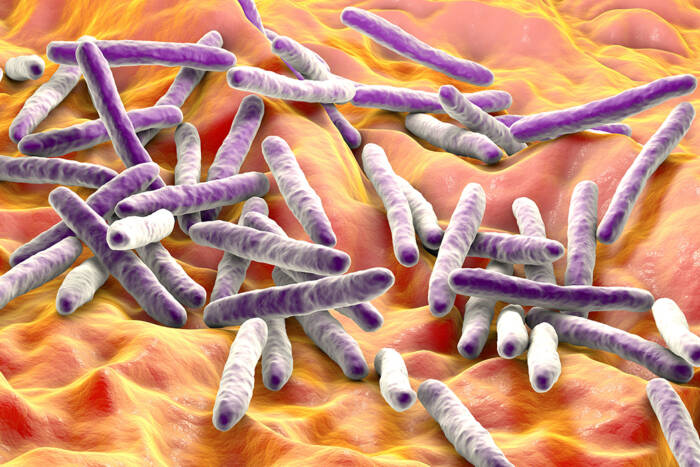Rockefeller University Appoints Thomas P. Sakmar Acting President
 NEW YORK, NY — The Board of Trustees of The Rockefeller University today named Thomas P. Sakmar, M.D., to serve as acting president of the university. Sakmar replaces Arnold J. Levine, Ph.D., who announced his intention to resign yesterday.
NEW YORK, NY — The Board of Trustees of The Rockefeller University today named Thomas P. Sakmar, M.D., to serve as acting president of the university. Sakmar replaces Arnold J. Levine, Ph.D., who announced his intention to resign yesterday.
A biochemist and physician whose research contributions have included major advances in understanding the chemical basis of vision, Sakmar is professor and head of the Laboratory of Molecular Biology and Biochemistry at Rockefeller University.
For the past year, Sakmar has headed the university’s Academic Senate, consisting of the 71 scientists who head the laboratories at the university. Since 1997, he has been associate dean for graduate studies with responsibility for overseeing the university’s participation in the Tri-Institutional M.D.-Ph.D. Program, offered in conjunction with Sloan-Kettering Institute and Weill Medical College of Cornell University.
In announcing Sakmar’s appointment, Richard B. Fisher, Chairman of the University’s Board of Trustees, said: “Tom Sakmar enjoys the broad support of the faculty and students of Rockefeller University, as an outstanding scientist, administrator and individual. His leadership is widely respected on campus.”
Fisher said that a search would begin immediately to select a permanent president.
“I am honored to be entrusted by the Board of Trustees with this new responsibility,” said Sakmar. “Rockefeller University is a glorious place to conduct scientific research. The faculty, students and staff are committed to the continuing scientific leadership and innovation of this university.”
About Tom Sakmar:
Sakmar uses genetic, biochemical and biophysical methods to learn how signals from outside a cell are relayed across its membrane and into the cell interior, where they can elicit a response in a process called signal transduction. Much of his work focuses on molecules known as G-protein-coupled receptors that are key to a wide range of signal transduction pathways. Those under study in the Sakmar laboratory are involved in vision and taste perception, glucose metabolism, the brain’s response to dopamine and the ability of the AIDS virus to enter human cells.
After receiving a B.A. in chemistry in 1978 at the University of Chicago, Sakmar was awarded the M.D. in 1982 from Chicago’s Pritzker School of Medicine. After serving as intern and resident in internal medicine at Massachusetts General Hospital, he was a clinical fellow at Harvard Medical School.
In 1985, Sakmar began postdoctoral research with Nobel Laureate H. Gobind Khorana in the departments of biology and chemistry at the Massachusetts Institute of Technology. He remained at M.I.T. until 1990, when he moved to Rockefeller as an assistant professor and head of the Laboratory of Molecular Biology and Biochemistry. Sakmar became an associate professor in 1994, and he was promoted to tenured senior professor in 1998. Sakmar has been affiliated with the Howard Hughes Medical Institute since 1991, where he is an associate investigator.
In November 2000, Sakmar received an Ellison Medical Foundation Senior Scholar Award for his research on age-related macular degeneration, a leading cause of blindness in the elderly population.


